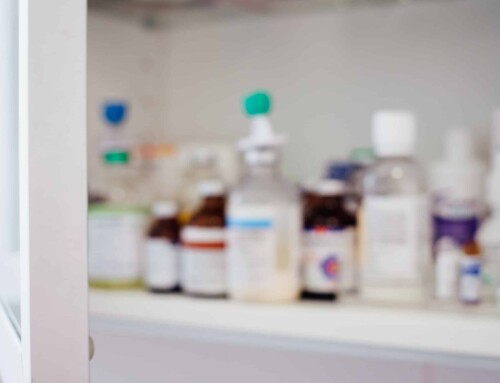This blog was written by Anyone’s Child member Mick Humphreys.
The Psychoactive Substances Act 2016 (the “Act”), which was passed and published on 28 January 2016, came into force, or “commenced” on 26 May 2016.
The Act defines what a psychoactive substance is under sections 2 as “any substance which is capable of producing a psychoactive effect by stimulating or depressing the central nervous system and is not exempted”. It defines which substances are exempt in Section 3 namely: drugs covered by the Misuse of Drugs Act (1971) (MDA). medicine, alcohol, tobacco, caffeine, food and drink. It also exempts two activities: healthcare and charitable or NHS research.
It creates new crimes under sections 4 to 9, relating to psychoactive substances, namely: production, supplying or offering to supply, possession with intent to supply, importation and possession in a custodial institution. Such crimes carry maximum sentences of 1 year’s imprisonment and a fine by magistrates, or 7 years’ and a fine by Crown Courts. There is no offence of possession or consumption.
The Advisory Council on the Misuse of Drugs (S 1) (ACMD) must be consulted, but not necessarily heeded, if changes are contemplated by the Secretary of State. The Act must be reviewed and laid before Parliament within 30 months of 26 May 2016. Other parts relate to supply and prohibition services and definitions. There are 57 pages.
It is often reported that the Act was drafted so as to shut down Head Shops by making the production, supply and sale of Legal Highs crimes. Legal Highs are now known as New Psychoactive Substances or NPS. In practice most Head Shops have already been closed down by local councils, but the trade has continued to thrive underground. This also happened in Ireland and in Poland when they did the same some years ago.
Because the supply system thrives underground when it is illegal, the scant supervision that was exercised in Head Shops will now be removed. NPS that are completely unregulated will evolve to become more dangerous.
There is an intractable fault in the Act that renders it inoperable. The vague definition of a “psychoactive substance” in Section 2, is meaningless, because the central nervous system and brain both operate pschoactively. The brain is a psychoactive organ that receives, processes and send everything it does exclusively by psychoactive means. Thus any substance can “stimulate or depress the central nervous system”. Thoughts, or, music, or memory, or impulse, or, indeed, any “thing” can do so. But the Act does not define what a “substance” is. Leading scientists and counsels in this field have said that the Act is inoperable because there are no tests that can prove that an alleged NPS meets the definition required by the Act. As the underground supply system changes so does the chemical nature of their products Because of this, almost inevitably, reasonable doubt will prevent any conviction either in court or at appeal.
It is claimed that the Act was not supposed to persecute(sic) those that merely possess or use NPSs. It is designed to stop the trade and the “Drug Barons” (whatever they are). But it will, because it creates new crimes of possession with intent to supply and Importing or exporting a psychoactive substance. Thus some hapless student or person, who buys 4 of 5 packets of cannabis-like NPS to share with his/her friends will inevitably be deemed by the police, counsels and courts of having more than his/her own needs require. S/he will probably be advised to plead guilty. S/he will then be imprisoned, and given a criminal record and be sacked, unable to travel abroad outside the EU, his/her qualifications made useless for employment and suffer all the life-time consequences that conviction brings.
Ironically, the NPS phenomenon only came about because other drugs are prohibited by the MDA. If these less harmful drugs were regulated and supplied legally, the demand for NPS would dwindle and disappear. Few people want to use dangerous, artificial, unregulated poisons and risk imprisonment, if legal and safer drugs were available.
On 8 May 2016 it was reported that a woman from Douglas in the Isle of man was imprisoned for 2 ½ years for having 14 MDMA tablets. My son suffered the same fate when he was a university student in 1996.
- Do not think our courts have improved. They have not.
- Do not think these savage sentences are not handed out for first offences. They are.
- This is a faulty Act that cannot work.
- Our prisons are overcrowded. We should no force more people, who do not deserve to be there, into them. Nor can we afford to do so. Coincidentally, the rest of our Criminal Justice System has, reportedly, almost broken down entirely.
- Injustice will prevail until we repeal unnecessary laws and Parliament stops creating crimes so that people have the opportunity to commit them.





Leave A Comment